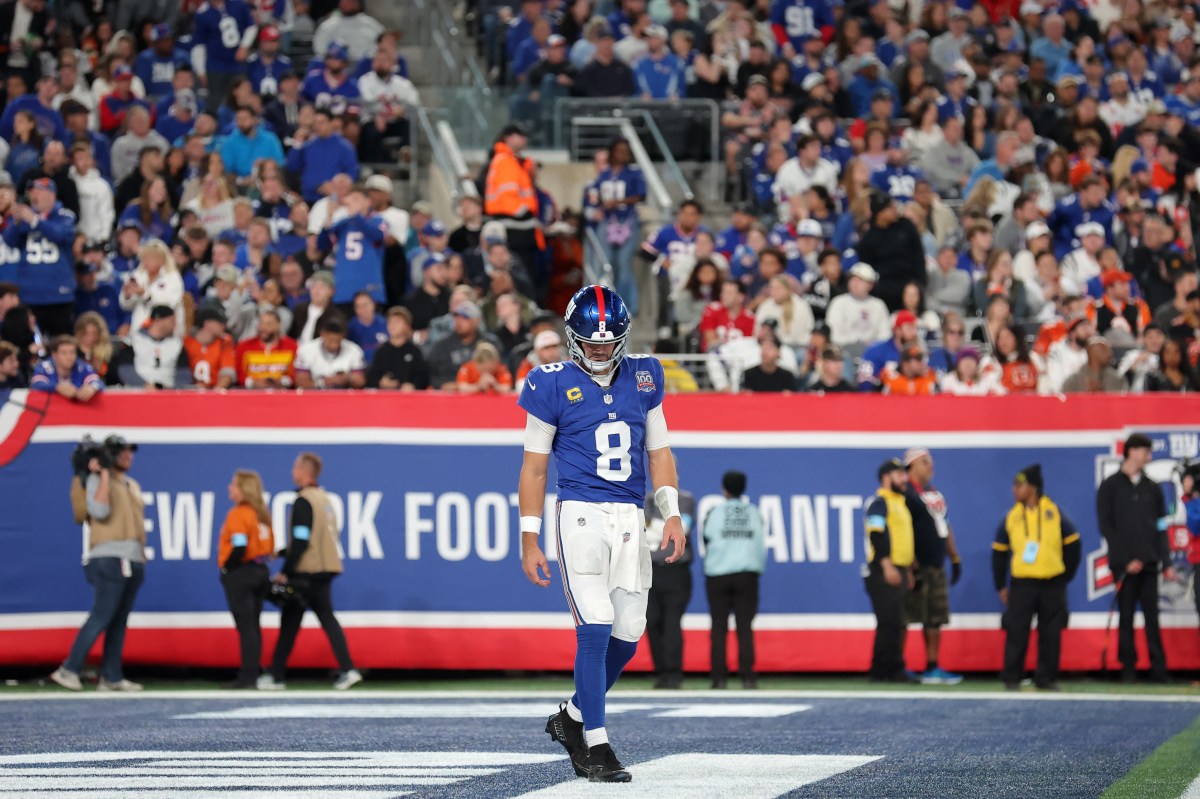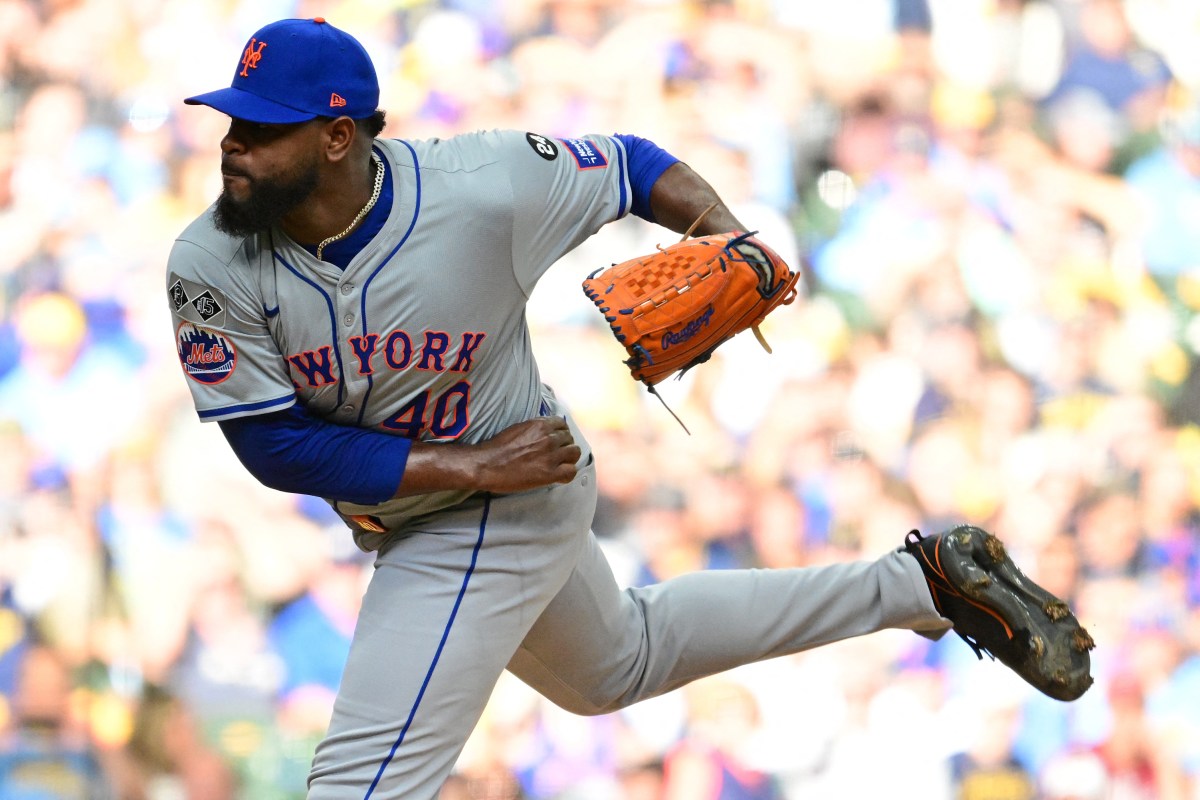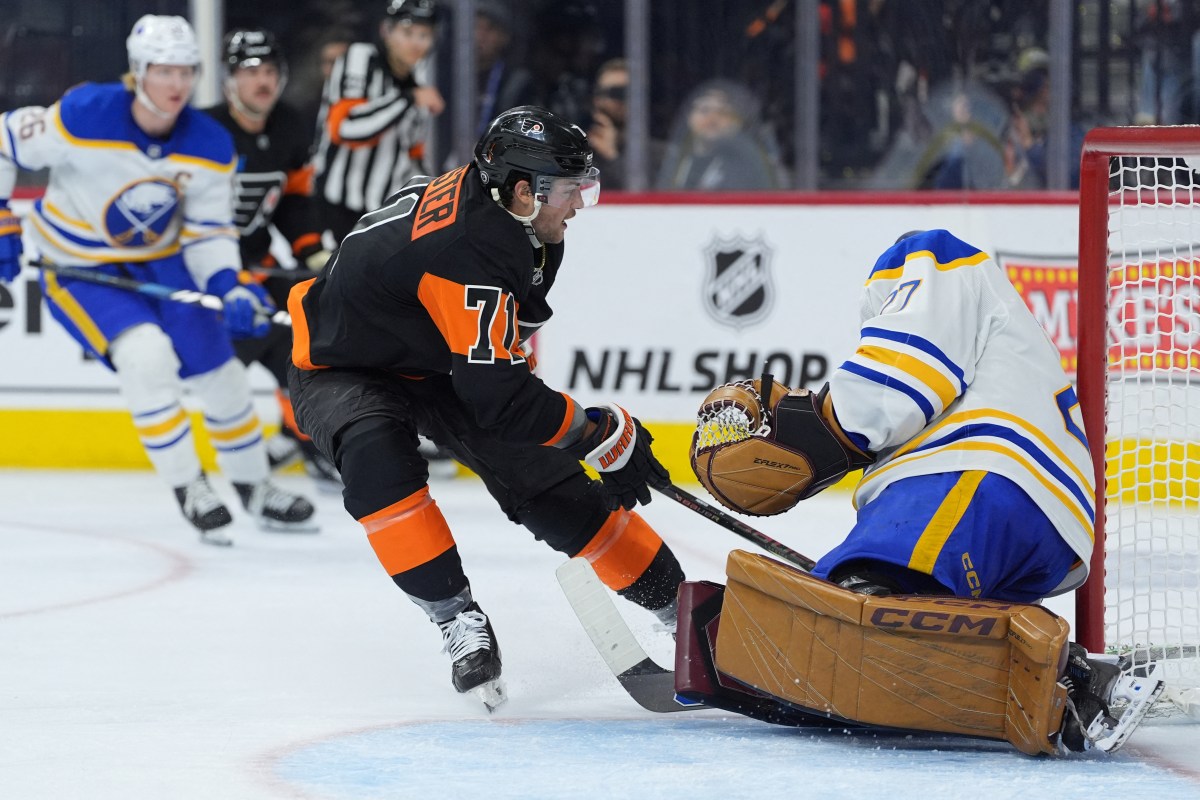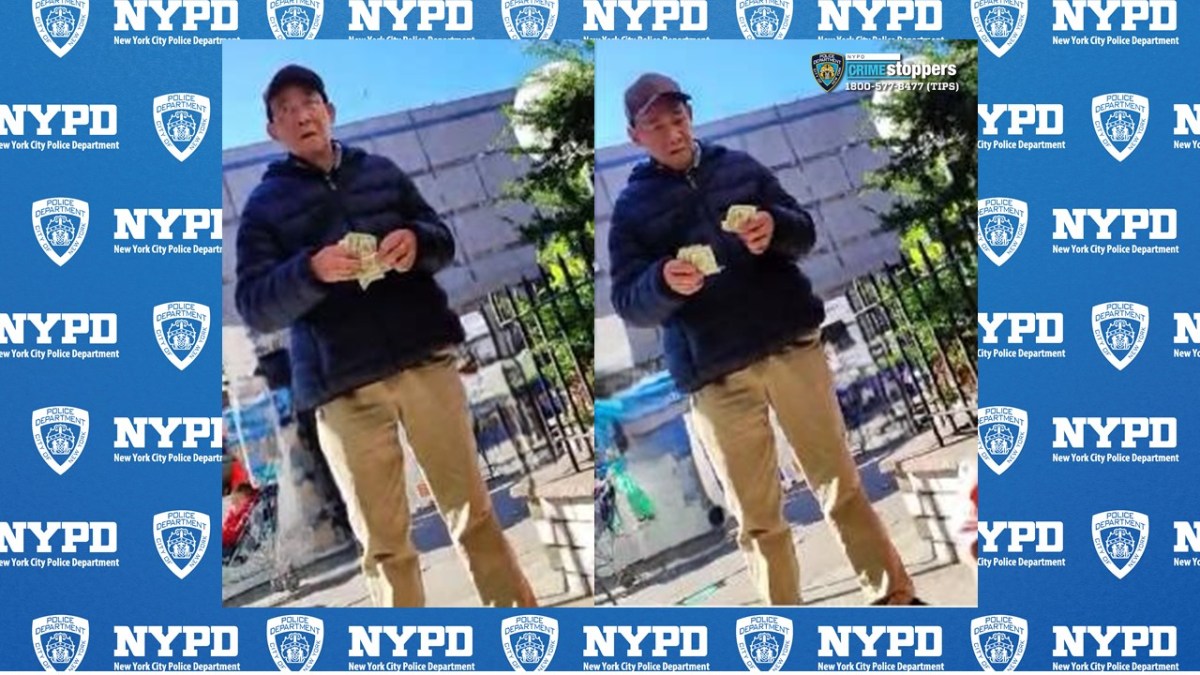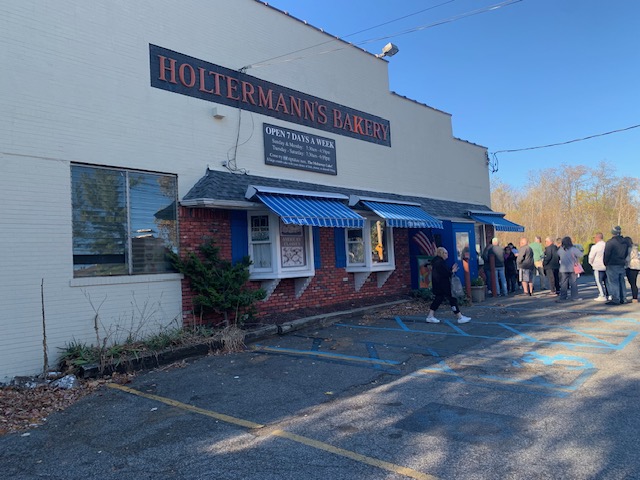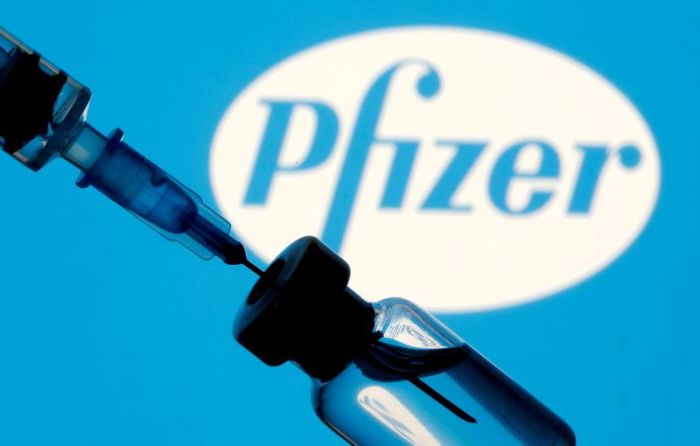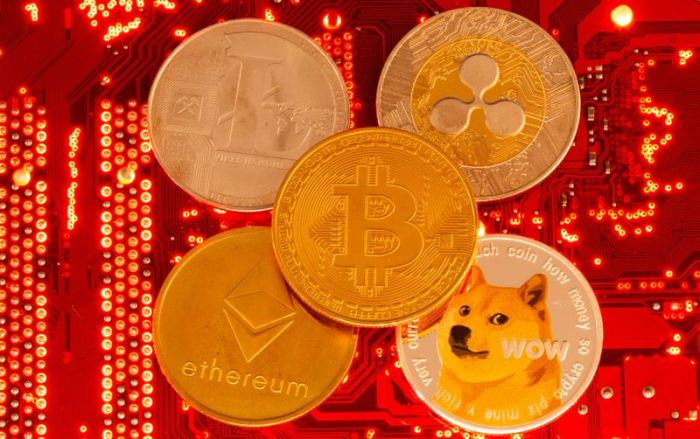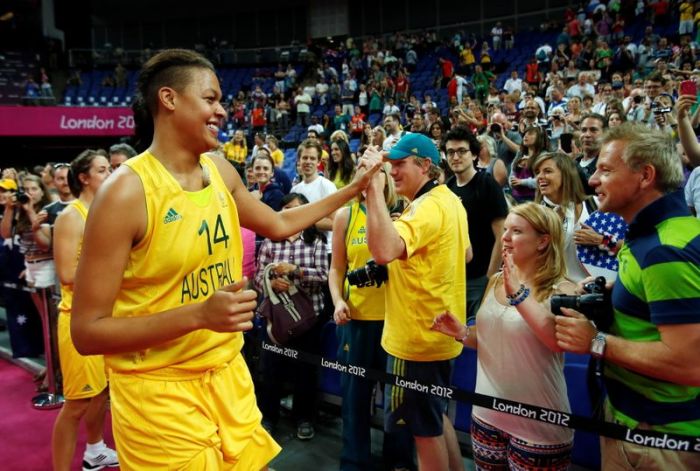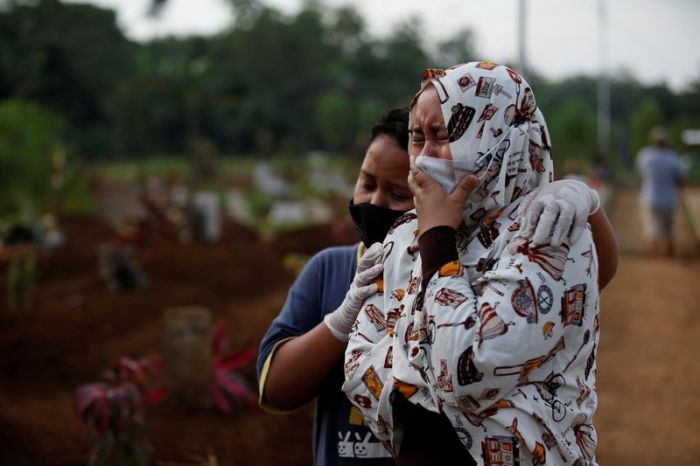MOSCOW/VLADIMIR, Russia (Reuters) -Moscow residents will no longer have to present a QR code demonstrating they have been vaccinated against COVID-19 or have immunity in order to sit inside cafes, restaurants and bars from July 19, Mayor Sergei Sobyanin said on Friday.
Russia, which reported a record daily rise in coronavirus-related deaths on Friday, is in the grip of a surge in cases that authorities have blamed on the more contagious Delta variant and the slow rate of vaccinations.
There were 25,704 new cases nationwide on Friday, with 5,382 of those in Moscow. The capital also reported 105 deaths overnight.
Since June 28, Muscovites have had to present a QR code that proves they have had a vaccine, a negative test or immunity to be able to sit inside, but outdoor terraces remained open to all.
Sobyanin, speaking on state television, said the situation had improved and the rate of vaccination had sped up in the capital, meaning the restriction could therefore be relaxed.
“Starting from the 19th, we are cancelling mandatory QR codes in catering,” Sobyanin said. “This is an important decision, I had a lot of appeals from businesses and public organisations.”
The relaxation will also apply to restaurants in the wider Moscow region, news agencies cited the regional governor as saying, and restaurant owners will be free to decide whether or not they check customers’ QR codes.
‘WORSE THAN LOCKDOWN’
Some others regions in Russia have also announced that people have to present QR codes, vaccination certificates or negative PCR tests to stay in hotels or visit bars and restaurants.
Some of the most radical measures were taken earlier this week in the Vladimir region where authorities ruled that QR codes were needed to visit restaurants, gyms, beauty parlours, hairdressers, cinemas and to stay in hotels.
The region, around 200 kilometres (125 miles) east Moscow, is famous for its old churches and is popular with tourists.
The restrictions prompted a backlash from local businesses who said in a statement the measures had been adopted in the middle of the tourist season and threatened the closure of thousands of firms in the service industries.
“We have almost zero revenues. We don’t know what we can say tomorrow to staff, the landlords, and suppliers,” said Dmitry Bolshakov, owner of the cafe chain Vladim Group.
Three days after the measures came into effect the authorities met business owners and agreed to ease some of the measures.
“It’s worse than a lockdown,” said Marina Zemskova, president of the association of hotels and restaurants in the Vladimir region. “Because if there was one, we would have a complete closure… and could count on some kind of government support measures.”
(Reporting by Darya Korsunskaya and Polina Nikolskaya; Writing by Alexander Marrow; Editing by Alison Williams and Alex Richardson)









